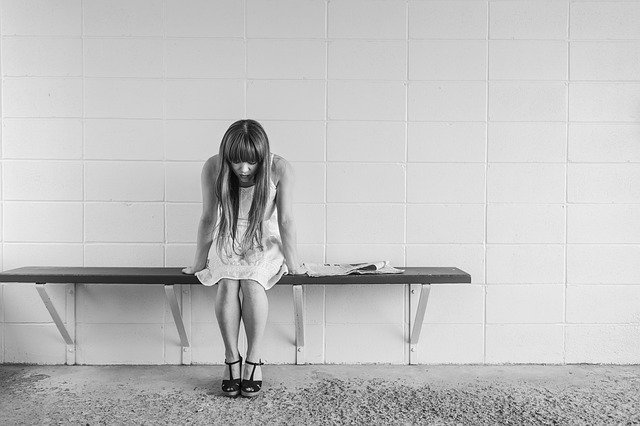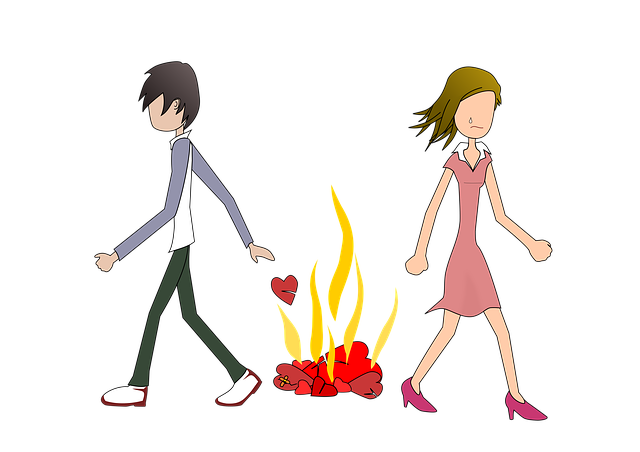by Nathan Chua
All of us go through this. We feel some anxiety, sadness, anger, and so on and seem to dig ourselves deeper into the abyss of unpleasant emotions.
There is a reason why we see ancient traditions of meditation where wise people sit for periods of time. Part of the exercise is to be able to stay with difficult thoughts and the feelings that come along as they sit. In fact the type of meditation that is referred to here is called just sitting.
Contrary to the logic that we so often use so well with problems that are external to us, our struggle lies not in our difficult emotions, but with how we relate to them. As kids, we were trained by our parents or other guardians to show mostly feelings that are labeled as positive. These are rules we learn early when we are first taught to listen to and recognize words that refer to positive or negative consequences to our behaviors. Mom and dad don’t like it when we are sad and crying because such feelings attached to the behavior get in the way of a quiet night watching a movie or a party with friends. Your crying loudly in church or a friendly gathering doesn’t allow for the adults in the room to focus on what is going on.
As a result, we learn to judge our own feelings as bad and in turn judge ourselves as bad too for having such unwanted emotions.
Dr. Russ Harris gives us a list of how our mind judges our feelings and make them worse:
- “Why am I feeling like this?”
- “What have I done to deserve this?”
- “Why am I like this?”
- “I can’t handle this!”
- “I shouldn’t feel like this.”
- “I wish I didn’t feel like this!”
The key here is to be able to describe our feelings instead of evaluating them. Evaluating our feelings means we begin a struggle with them and think that the only way forward to doing that important project is to get rid of such feelings. Let me be okay first before I go on with my day and my plans. I will only go for that promotion or approach that person I want to date when I feel confident enough.
Unfortunately, these judgments against our own feelings become invisible barriers that stand in the way of us pursuing that very thing that would make us feel like we are living in accordance with what we aspire to be. We go from a natural pain that life gives us when we end up in tough situations, to a manufactured pain or a pain that we create for ourselves wherein we become entangled in a war inside our minds…while precious time ticks away. Eventually, that promotion goes to someone else at work or that date gets involved with someone else.
Describing our painful emotions on the other hand, allows us to approach difficult feelings with curiosity. As we do so we are more able to allow such feelings to hang around for a while and then come and go as they please. Note though that we have no control over how long or if these unpleasant feelings will stay or not. The more we try to control them and want to get rid of them, the more they linger and make us end up being at war with our own thoughts and feelings.
Just remember, we are not our histories, they are just a part of us. Hating our own past and wishing they were different means being at war with something we can learn from. Our histories can either enrich our lives or be our worst enemies. We just have to choose.
One Life Only Counseling Services provides an evidence-based, transdiagnostic approach to counseling with proven results in addressing a variety of mental health concerns. We provide both in person and online video counseling as well as soft skills training workshops for corporate and non-profit organizations.



